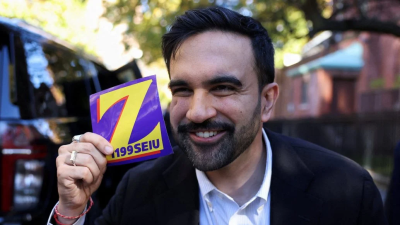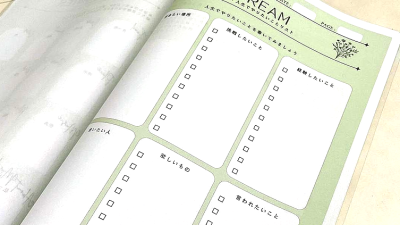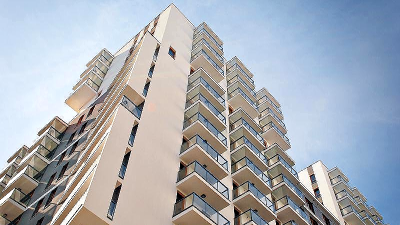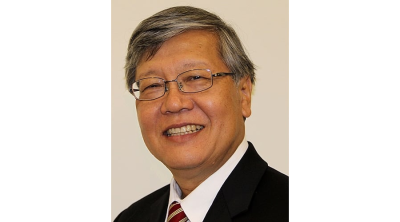By Professor Dato' Dr Adeeba Kamarulzaman
On Labor Day, YAB Prime Minister had announced that a vast majority of businesses throughout Malaysia may reopen, beginning 4th May 2020. Many organizations and business owners have since welcomed the announcement with mixed feelings. On one hand, this news brings a sigh of relief and new hope that whatever losses incurred during the long Movement Control Order may slowly and painfully be recovered. On the other hand, hangs a silent fear of uncertainty, which among others also include steps to prepare for reopening their physical workplaces.
The large organizations particularly multinational companies may be well prepared for 'safe return to work' with their own standard operating procedures (SOP) developed weeks in advance, and even have different versions of SOPs for different pandemic scenarios. This may not be the case with most other business owners, who may be struggling to strike a balance between reopening their businesses and ensuring a safe workplace for their employees and prospective customers. With the current climate where there is 'special' focus on migrant workers, employers with foreign workers face even more pressure.
The Ministry of International Trade and Industry have produced guidelines for reopening of the economy. Business owners have been asked to adapt these guidelines according to their nature of businesses, with a warning that the minimum standards set in the guidelines must be adhered to. However, more recently, it has also been mandated that all foreign workers must go through COVID-19 testing, with the employers bearing the cost.
In response, the Malaysian Medical Association (MMA) cautioned that testing the foreign workers en masse is not a pragmatic approach, as this exercise may quickly turn into a 'logistical nightmare'. The MMA had instead advised that efforts be focused on educating the foreign workers and improving their working and living conditions that predispose them to higher risk of infection with SARS—CoV-2. We echo the same thoughts and liken the act of mass testing of foreign workers as 'mopping the floor while the tap is still running'. Apart from being a logistical nightmare and being an extremely expensive affair, testing foreign workers en masse will not lead to the establishment of safe workplaces, contrary to popular belief. Many may then wonder, what steps are needed to establish safe workplaces?
To address this, Occupational Health and Safety, Public Health, and Infectious Diseases specialists from the Faculty of Medicine, University of Malaya have produced a comprehensive set of questions and answers for all Malaysian employers, and interested parties. This set of Q&A among others emphasizes that a single point mass testing for COVID-19 may give a false sense of security to employers and employees, alike. We also have put forth a set of comprehensive guidelines for safe return-to-work, and infection control at workplace. It is also highlighted that all organizations/ businesses need to elect a focal point/ person to ensure that any relevant guidelines are adhered to. The Q&A importantly stresses that employee engagement and building of trust within any organization, no matter how small, remains as the foundation for establishment of a safe workplace. After all, SOPs are mere documents and without buy-in from the end-users, they will stay unappreciated and irrelevant.
We therefore would like to encourage all Malaysian employers to download the above Q&A that will not only help them clear any confusions, but also facilitate a safe transition to work. In addition to the Q&A, all employers are also encouraged to refer to our SOP on use of public transport, and educate their employees and transport providers accordingly. As a parting note, we would like to stress that mass testing is not the solution towards establishment of a safe workplace. Employers need to adopt a comprehensive approach that involves risk assessment and surveillance, attention to personal as well as environmental hygiene and infection control, education and training, and most importantly building solidarity with their employees towards a safer work place.
(Professor Dato' Dr Adeeba Kamarulzaman is Chairman of UMMC COVID-19 Task Force and Dean, Faculty of Medicine, Universiti Malaya.)
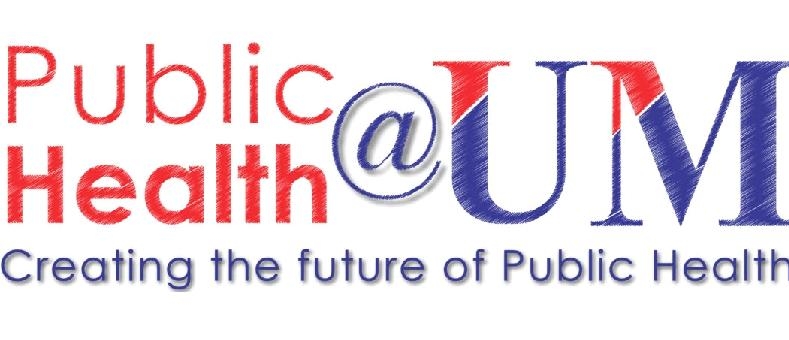
ADVERTISEMENT
ADVERTISEMENT






